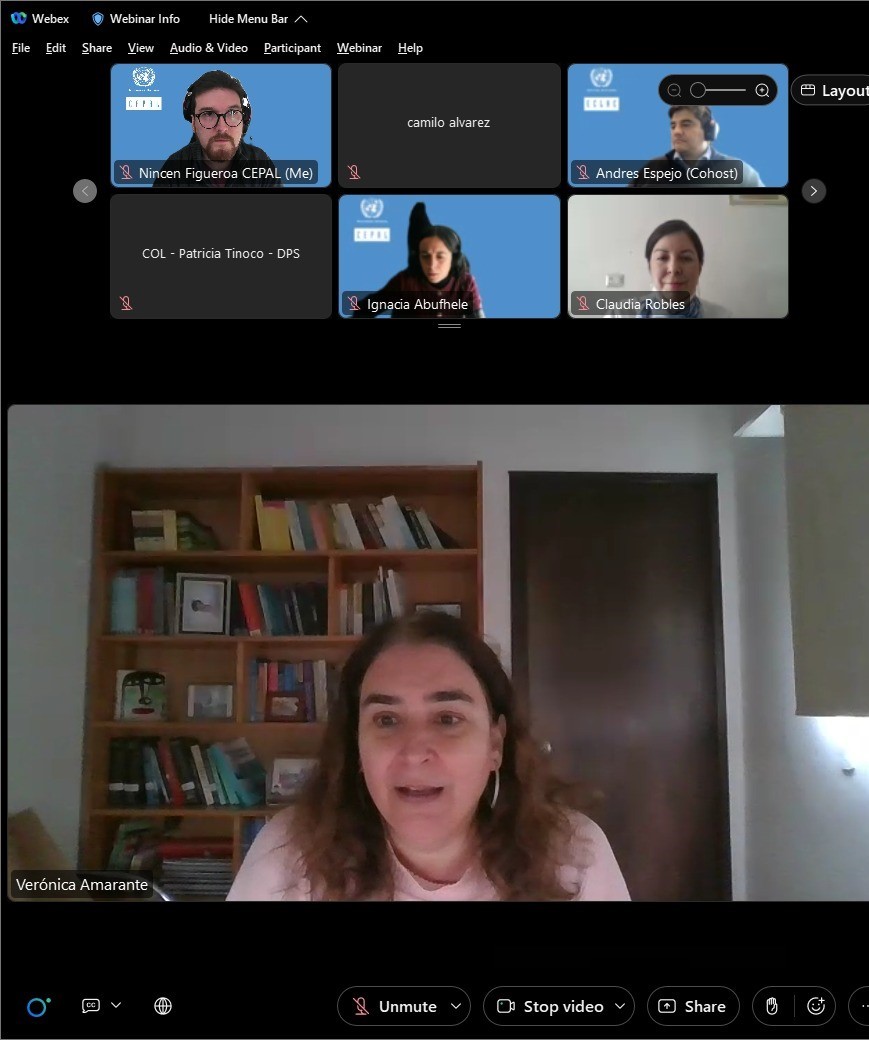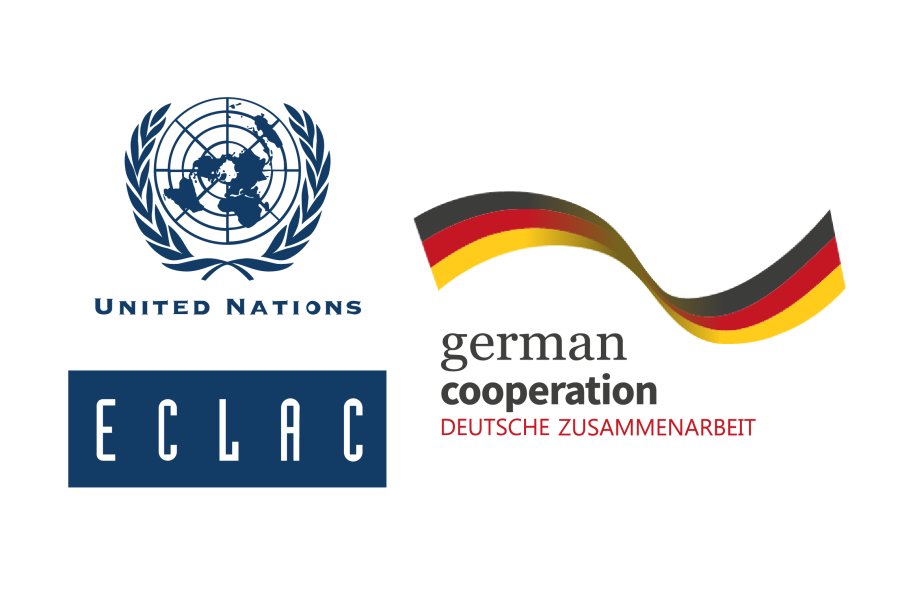Second Meeting of the Working Group "Promoting Labour Inclusion through Social Protection"
Work area(s)
Topic(s)
Outstanding participation of representatives from the Ministries of Social Development and Labour in a meeting on monotax regimes in the region as a tool for labour inclusion and social protection.


The working group "Promoting Labour Inclusion through Social Protection" was formed with the aim of fostering dialogue and cooperation among countries on the design of comprehensive strategies and policies to strengthen the link between labour inclusion policies and social protection. This group is being developed in the framework of the Regional Conference on Social Development in Latin America and the Caribbean and is composed by representatives from the Ministries of Labour and Social Development of the region’s countries.
The first meeting, held on 29 January 2025, aimed to discuss the regional landscape and identify emerging issues and priorities to be addressed in the field of labour inclusion and social protection. These priorities are being incorporated into a document under development within the framework of the ECLAC-BMZ/giz project "Productive, Ecological and Socially Just Economic Transformation¨. On that occasion, a work schedule was also proposed, consisting of a series of themed virtual meetings.
As a continuation, the second meeting brought together 11 countries and officials from Ministries of Social Development and Labour in the region. During the event, specialist Verónica Amarante gave a presentation entitled "Simplified Regimes: A Path to Expanding Social Protection for Independent Workers in Latin America?". The meeting aimed to discuss and advance proposals related to monotax regimes in the region as a tool for labour inclusion and social protection. Through a collaborative approach, participants shared experiences and best practices, exploring both the potential and limitations of this tool in strengthening universal, comprehensive, sustainable, and resilient social protection systems, thereby promoting labour inclusion and inclusive social development in the region.


